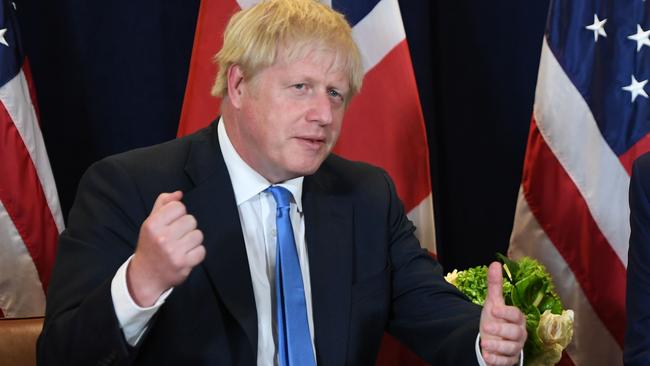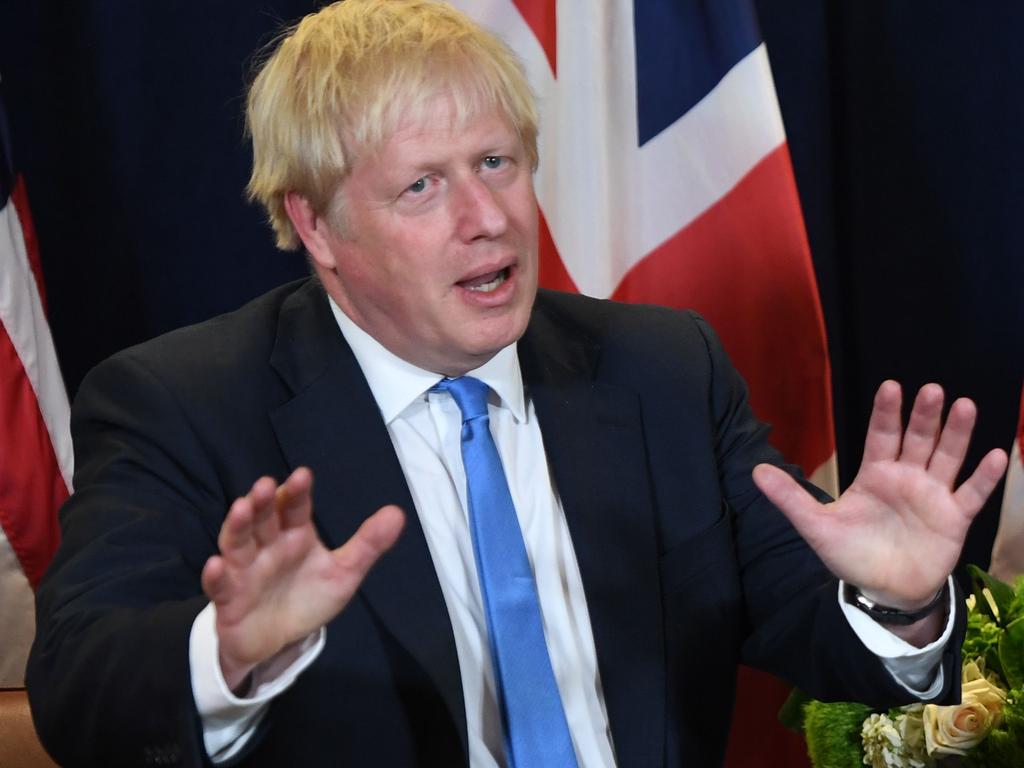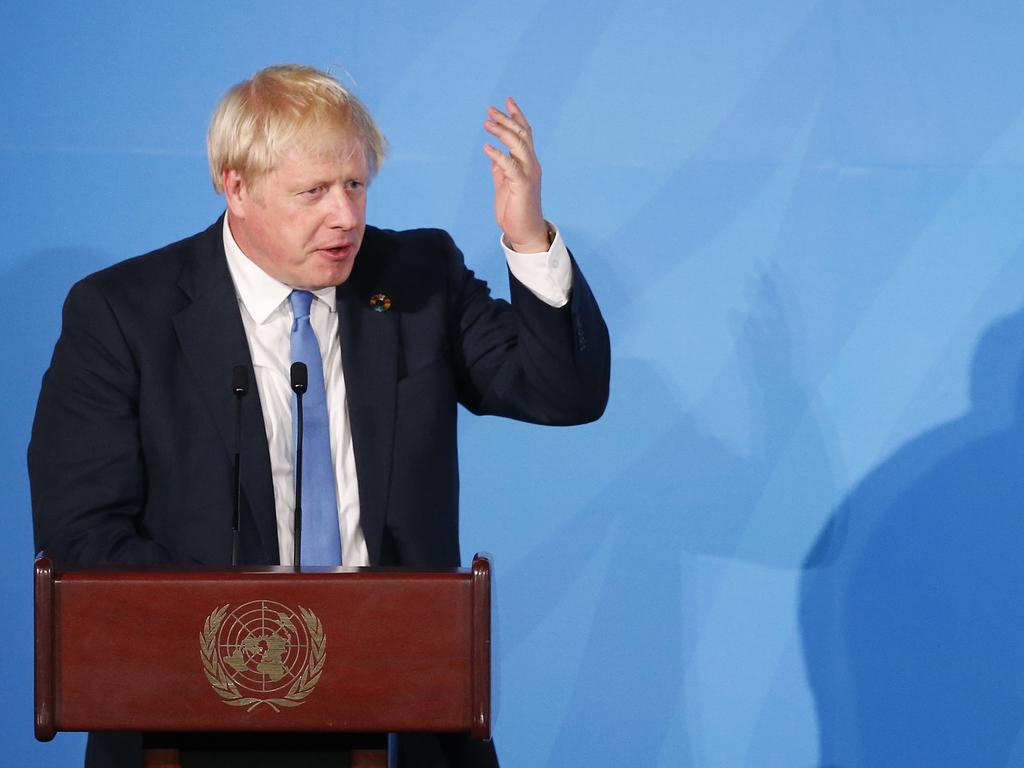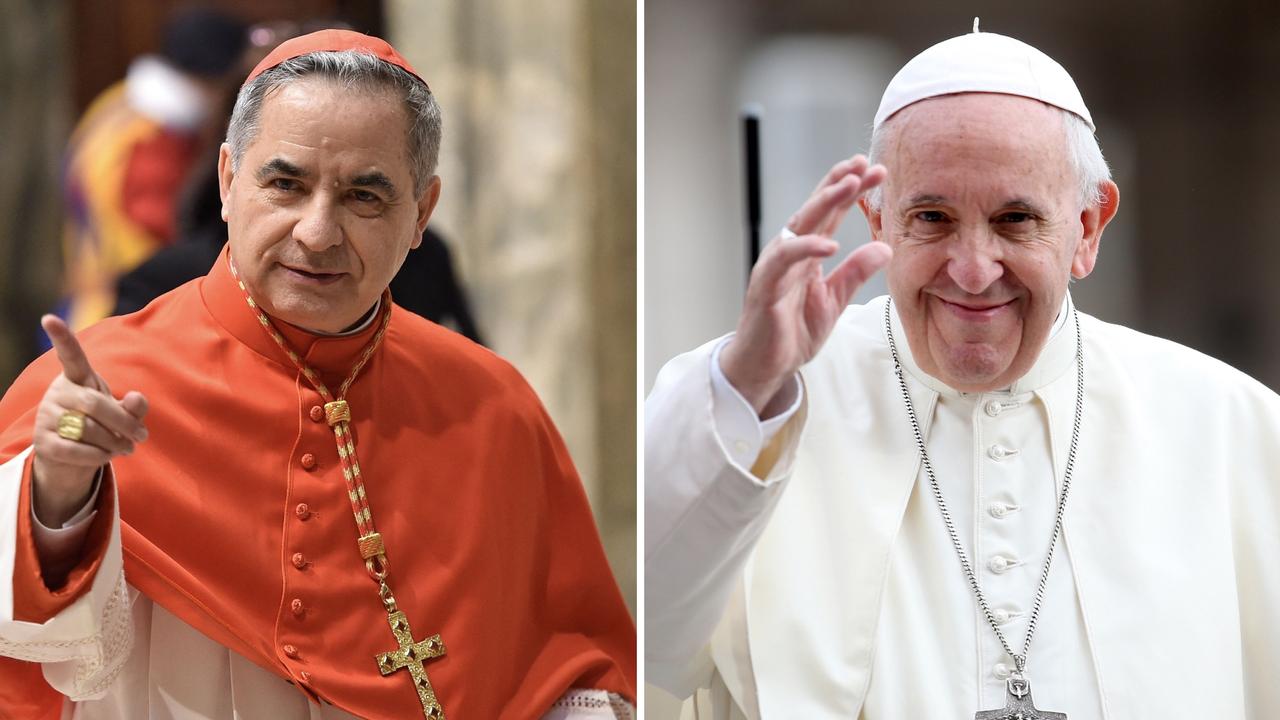Prorogation decision: what now for Boris and Brexit?
Boris Johnson is defiant after the Supreme Court ruling but what does it mean for him now?

Britain’s Supreme Court has ruled Boris Johnson’s five week prorogation of parliament illegal because “it had the effect of frustrating or preventing parliament from carrying out its constitutional functions without reasonable justification”.
So what does it mean for the British Prime Minister and will happen next?
Does this ruling mean Boris lied to the Queen?
No. Although the Scottish court had found that Mr Johnson misled the Queen, the Supreme Court ruled the government’s motive was irrelevant if the suspension prevented parliament from doing its job “without reasonable justification”.
Baroness Hale, Supreme Court president, said it had, mainly because of the length of the prorogation and the imminent Brexit deadline. Lady Hale said its effect “on the functioning of our democracy was extreme.”
Will parliament be recalled?
Yes. Despite Mr Johnson being in the US when the decision was made, Speaker John Bercow said he would recall parliament at 11.30am local time (8.30pm AEST) on Wednesday. Mr Bercow was able to take this decision out of Mr Johnson’s hands because of the court ruling that “parliament is not prorogued.” The Supreme Court said the order to suspend parliament had no more legal effect than a “blank sheet of paper.” This meant Mr Bercow could immediately recall MPs as, legally, parliament had never been suspended.

When will Boris Johnson face parliament?
The PM is flying back to the UK after being forced to cut short his visit to the UN, but he won’t be landing until after midday local time (9.00pm AEST) on Wednesday so he won’t arrive in time to face up to furious MPs at the weekly Prime Minister’s Questions, which takes place at noon.
However The Times reports that he is likely to make a statement in the Commons as ministers are forced to update MPs on the court decision and Brexit negotiations.
Will the PM have to resign?
Although the leaders of all three parties have called on Mr Johnson to resign, it is unlikely that he will do so. His response to the Supreme Court ruling was defiant, saying: “I don’t think this was the right decision.”
Rather, it may be that Downing St is preparing to throw Attorney-General Geoffrey Cox and, possibly, special adviser Dominic Cummings under the bus to save Mr Johnson. Sky reported a leaked note of a conference call Mr Cox held with ministers about suspending parliament in which he assured them that prorogation was legal; leading to suggestions Number 10 was setting him up as the fall guy.
Senior Tories are also calling for Mr Cummings’ head, after it emerged that he was behind the plan in the first place.

What about a vote of no confidence?
It is unlikely that Jeremy Corbyn will call a vote of no confidence, although he could table a motion as early as Wednesday morning local time. Although he has called on Mr Johnson to resign, UK media reports that his friends are advising him it is better to let Mr Johnson hang on until Brexit.
Will Boris call a general election?
He might but it almost certainly would not pass the Commons. Under the Fixed Term Parliament Act, a vote for an early election would need support from two thirds of MPs but opposition MPs have already voted it down twice and are unlikely to change their minds. Jeremy Corbyn told the Labour Party conference he would back a general election, but only after Mr Johnson has been forced to delay Brexit until after October 31.
Mr Corbyn told his MPs: “This crisis can only be settled with a general election. That election needs to take place as soon as this government’s threat of a disastrous no deal is taken off the table. That condition is what MPs passed into law before Boris Johnson illegally closed down parliament.”
However if he is determined to try again for an early poll Mr Johnson could try to use a one line bill which would amend the FTPA, and which would require only a simple majority.

Will the PM try to prorogue parliament again?
He hasn’t ruled this out, in order to hold a Queen’s Speech on October 14. In fact, to hold the Queen’s Speech on that date, he will have to ask Queen Elizabeth to prorogue a second time.
Another complication is the Tory Party’s conference, due to start on Sunday for four days. Parliament is always suspended at this time of year in order for the party conferences to take place but as the court has ruled parliament isn’t prorogued, MPs are expected to be in the Commons as usual.
The government may instead table a motion for a short recess next week so their MPS can head to Manchester. Labour is expected to oppose this request but Mr Johnson may try to prorogue again for the minimum time in order to hold the conference.
Will it impact on Brexit?
It really depends on what happens in the next 24 hours. Despite Mr Corbyn’s reluctance to call a vote of no confidence, it is possible his MPs will pressure him to do so; which means an election called days before the October 31 deadline.
Rather than worrying about a no-confidence vote however, MPs will be trying to “gold plate” the delay bill - forcing Mr Johnson to ask for an extension to Brexit if he can’t agree a deal with the EU by October 17 - so the PM can’t, as he has threatened, find a way around it.
Despite reports that MPs would take control of the Commons agenda, this is unlikely to happen as backbenchers fear it could backfire if a specific plan was not agreed first.
Instead they will focus on forcing the government to publish more details on its no-deal plans, known as Operation Yellowhammer.
Mr Johnson will also come under pressure to publish his legal advice on the decision to suspend parliament.





To join the conversation, please log in. Don't have an account? Register
Join the conversation, you are commenting as Logout